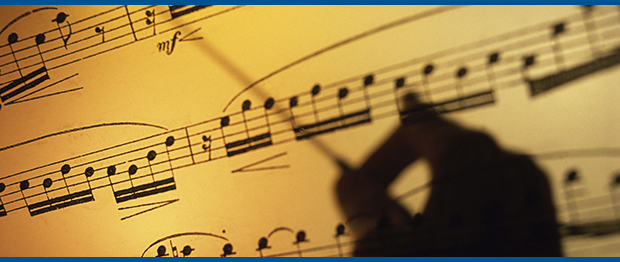“Hatikvah:” One of the Greatest Anthems Ever Written
BY CANTOR MARSHALL PORTNOY AND RABBI GERI NEWBURGE , 12/04/2017

As we approach Israel at 70, it is appropriate to consider the country’s national anthem, “Hatikvah,” a famous piece of music that was not officially adopted as the country’s anthem until 2004. There are other surprises connected to this piece. Most notably, the music is not original, and the words were penned, more than 130 years before they became the anthem, by a troubled poet who died in utter poverty in New York City in 1909.
The melody of “Hatikvah” comes from no one source. Samuel Cohen (1870-1940), a Zionist who emigrated to Palestine in 1888, had read Naftali Herz Imber’s poem, “Tikvatenu,” and was inspired to set the words to music. He did not compose an original melody, however, noting, as translated by the music scholar Edwin Seroussi, “In my home country [in northwest Rumania today], we used to sing in the choir the Rumanian song ‘Hâis, cea!’ (‘Right, Left!’ which was the refrain of a song entitled ‘Carul cu Boi’).”
Indeed, the melody of “Hatikvah” was inspired by Eastern European folk music. Its pattern is familiar to singers and scholars, and finds its way into many European songs and instrumental music. In sum, it is an old melody that originated somewhere in Europe and made its way to Palestine. That is the dynamic and destiny of many melodies: they travel. The music for America’s anthem, “The Star-Spangled Banner,” for example, has its origins in a British drinking song.
Although we can’t source the melody, we certainly know who wrote the words. In Zloczow, Galicia, in 1856, Imber was born into a Hasidic family. In his 20s, he found his way out of the shtetl, venturing first to the Austro-Hungarian Empire and in 1882 to Palestine. He became a well-regarded poet who, in 1886, published a collection of poems called Barkai (Morning Star). Among those poems was a nine-verse opus entitled “Tikvatenu,” two verses of which found their way into Cohen’s setting. Slightly altered, they are the verses we sing to this day.
Imber was a complicated, flawed individual who nevertheless encapsulated the dream of a Jewish homeland in an unforgettable poem. Although he claimed that he, and not Theodor Herzl, was the real father of Zionism, Imber eventually spent some years in the United States, fighting alcoholism and accusations of heresy, and was married for a year to a Protestant self-proclaimed doctor.
Imber’s lyrics are a problem for the Israeli left and the Israeli right. The left maintains Israel is also the home of Arabs, including non-Jewish Knesset members, so how can Israel require them to sing or stand for an anthem that includes the words “nefesh Yehudi” (Jewish soul)? Don’t Arabs also have souls? The first non-Jew appointed to the Israeli cabinet, Saleh Tarif, would not sing the anthem. And as recently as 2012, Salim Joubran, an Arab member of Israel’s Supreme Court, refused to join in singing “Hatikvah” at an important official occasion. The right, on the other hand, cannot understand how there can be a Jewish anthem that doesn’t mention God!
What is indisputable about “Hatikvah,” however, is its power as an anthem – its stateliness, tempo, the sure confidence of the setting (a perfect marriage of words and music), and the melody’s incredible shift from a minor key to a major key. The past, the 16 measures depicting our history, is in minor. On the words “Od lo avda tikvateinu” (Our hope is not yet lost) it leaps to the major key – a leap of faith that says: we dreamt this dream and we are going to make it come true!
Indeed, juxtaposing minor and major keys is at the heart of Jewish music and the push-pull between the major and minor scales symbolizes the push-pull of the Jewish experience itself. Think as far back as the early prayer modes, then think ahead a millennium or two to “Jerusalem of Gold.” In that sacred continuum, the relatively unknown Samuel Cohen, in a moment of musical inspiration that changed history, set Imber’s words to music, using the same incredible shift.
Artistically and politically, “Hatikvah” is one of the greatest anthems ever written in western culture, ever a beacon of hope for all who understand what it is to be denied the rights to which they are entitled as human beings. As we sing it in 2018 and forever after, let’s remember how it came to be, an improbable but wonderful story!
Cantor Marshall Portnoy and Rabbi Geri Newburge are members of the clergy team at Main Line Reform Temple in Wynnewood, PA.
Published: 12/04/2017
